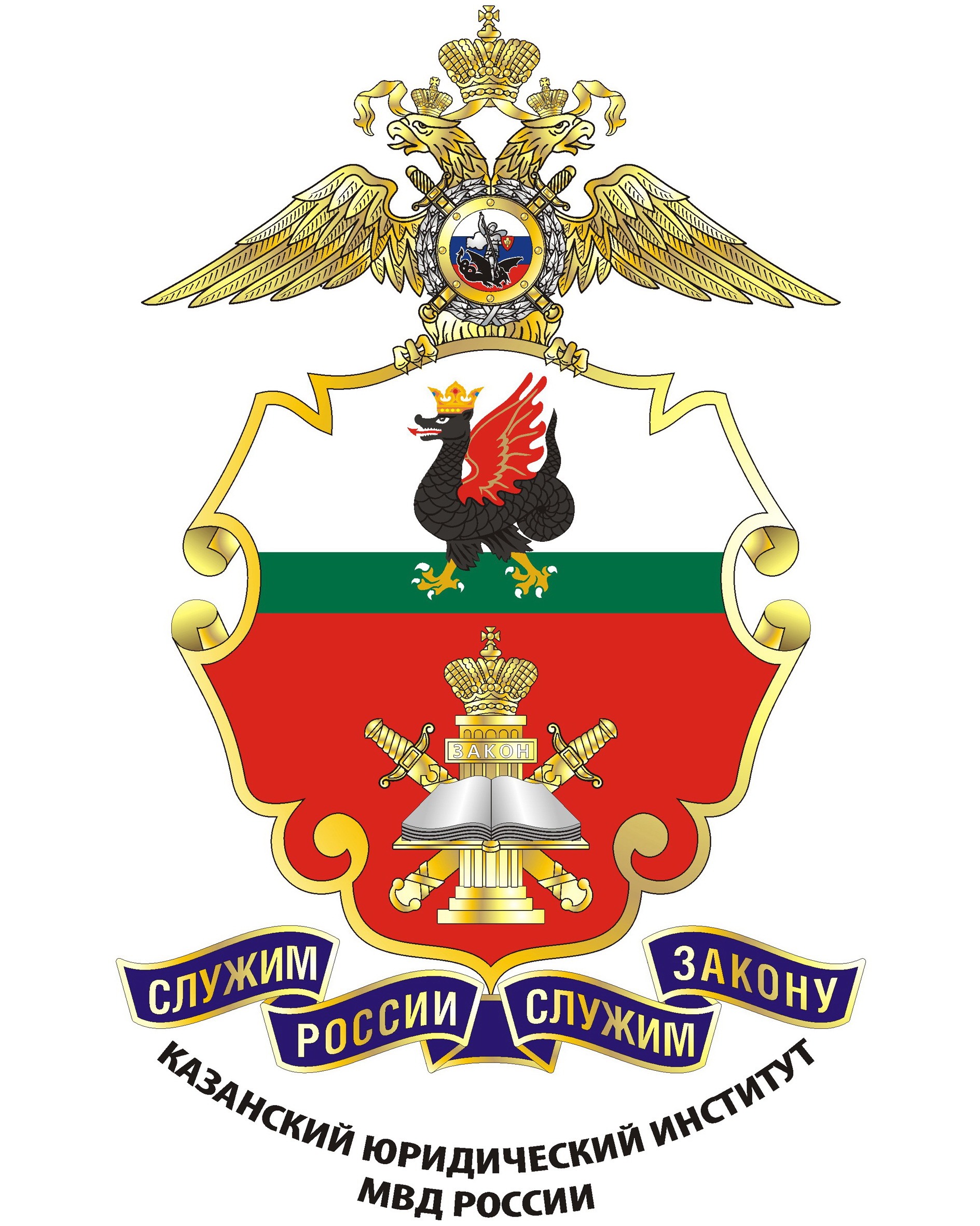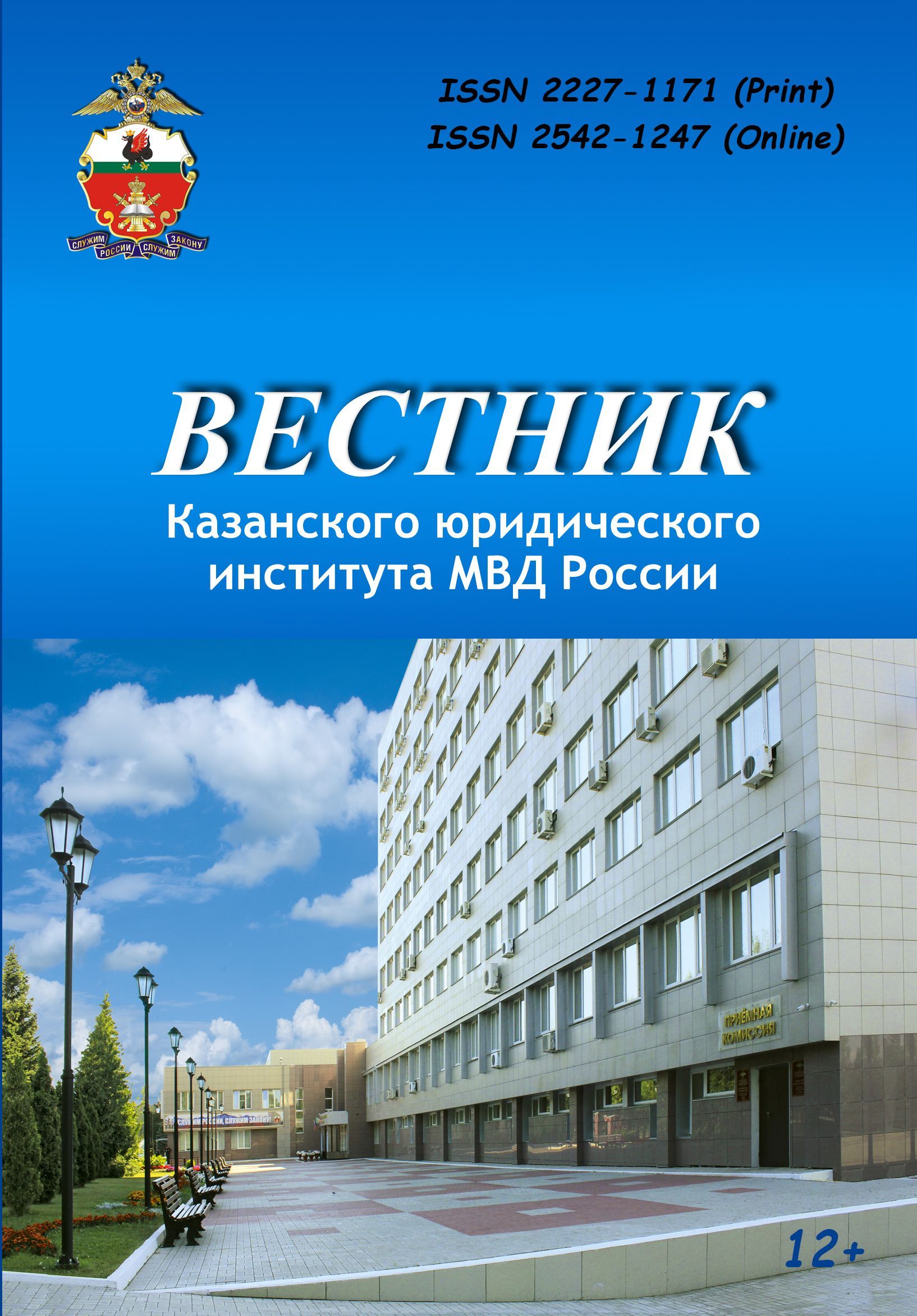Introduction: the author examines the constitutional principle of freedom of finance and capital transfer and finance in the conditions of international economic sanctions. The author carries out the ratio of the principle of the system of the principles of the constitutional regulation of the national economy. The author also analyzes the impact of the constitutional meaning of freedom of finance transit on the sectoral legislation. Materials and Methods: the basis of the study was the theoretical and methodological provisions of constitutional law, which are reflected in the domestic legal science. The normative method was used in connection with the need to analyze normative legal acts on certain procedural issues. The hermeneutic method aimed at detecting the hidden meaning of legal texts was used in the collection and analysis of data, as well as in the interpretation of the results of the study. The system method was used in the analysis of the conceptual apparatus, which is used to study the legislation. The author also used sociological methods due to which the actual behavior of the participants of legal relations where the freedom of finance transit is realized (for example, a specific sociological method) was investigated. Results: the author comes to the conclusion that the existing in Russian Federation approach to the legal regulation of the freedom of capital transition is explained by the complex of obligations of the state to citizens in the conditions of sanctions policy. According to the author, the statement about the inviolability of the freedom of finance and capital transit in the structure of the constitutional and legal status of citizens, widespread in the legal literature, is quite controversial. The author puts forward the thesis that the existing approach to the legal regulation of the freedom of transit of capital in the Russian Federation is explained by the complex of obligations of the state to citizens in the conditions of sanctions policy. Discussion and Conclusions: the Constitution of the Russian Federation does not specify the conditions under which the subject of legal relations can use the freedom of transit of finance and capital. Therefore, the state reserves the right to determine the range of participants and the criteria according to which it is possible either to expand free circulation of capital or to reduce it. At the same time, the grounds for restrictions are public values, which exclude the private interest of a single citizen.
svoboda peremescheniya finansov, svoboda peremescheniya kapitalov, princip edinstva ekonomicheskogo prostranstva, pravo na peremeschenie kapitalov
1. Astafichev P.A. Balans konkuriruyuschih principov, interesov i cennostey v konstitucionnom prave Rossii // Nauchnye vedomosti Belgorodskogo gosudarstvennogo universiteta. Seriya: Filosofiya. Sociologiya. Pravo. 2014. № 30 (193). S. 79-85.
2. Lapshina L.P. Konstitucionnaya znachimost' principov prava // Aktual'nye problemy teorii i istorii gosudarstva i prava: sbornik materialov Vserossiyskoy nauchnoy konferencii, posvyaschennoy pamyati prof. A.P. Pechnikova. otv. redaktor D.V. Iroshnikov. Ryazan', 2014. S. 43-45.
3. Kuzovkin D.V. Obespechenie edinstva ekonomicheskogo prostranstva Rossiyskoy Federacii (konstitucionno-pravovoe issledovanie): dis. … kand.yurid.nauk. Ekaterinburg, 2005. 199 s.
4. Zernov I.V., Mitrofanov A.V. Gosudarstvenno-pravovye garantii i reglamentaciya principa edinstva ekonomicheskogo prostranstva // Vestnik Penzenskogo gosudarstvennogo universiteta. 2015. № 2 (10). S. 59-63.
5. Vashkovich N.Yu. Principy valyutnogo regulirovaniya i valyutnogo kontrolya v Rossii // Vestnik Sankt-Peterburgskogo universiteta MVD Rossii. 2008. № 2. S. 163-166.
6. Arzumanova L.L. K voprosu o ponyatii i principah valyutnogo regulirovaniya // Vestnik Universiteta imeni O.E. Kutafina. 2015. № 3. S. 126-132.
7. Mahinya E.A. Ponyatie i znachenie principa v grazhdanskom prave i grazhdanskom zakonodatel'stve // Problemy prava. 2014. № 3 (46). S. 121-124.
8. Ryzhenkov A.Ya. Svobodnoe peremeschenie tovarov, uslug i finansovyh sredstv kak princip grazhdanskogo zakonodatel'stva // Pravo i obrazovanie. 2014. № 5. S. 119-125.















